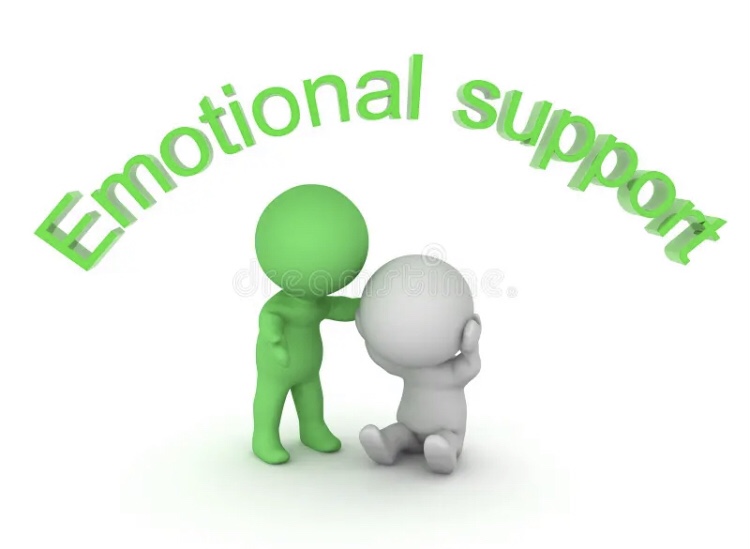How much value does emotional support add to service delivery?

And what does an empathy project for Ukrainian families have to do with special needs families?
A pilot project in Ukraine focused on shared pain, strength, and healing for individuals.
Then they trained municipal workers in:
— emotional regulation,
— conflict de-escalation, and
— trauma-informed communication.
The goal was for frontline staff to work better with people in crisis.
The result?
They expanded community-based trauma support to institutions, shifting culture not just one family at a time but one institution at a time.
How?
They brough humanity back into an institutional model by integrating empathy into daily interactions.
This topic is of great concern because when parents receive a catastrophic medical diagnosis for their child it’s a traumatic event.
It’s akin to entering a war zone.
- The loss of their child’s potential as they envisioned, on top of a demanding new lifestyle attending to special needs, is a form of psychological death and physical unfreedom.
What’s not expected and makes the whole situation a bazillion times worse are ongoing traumatic experiences with institutions.
People and systems charged with providing treatment and services sometimes cause more trauma.
All too often, families find that eligibility for something doesn’t mean they get it without a fight.
Or the “thing” isn’t all it’s cracked up to be.
And their dignity and pain are often overlooked by service providers.
Many professionals serve with respect and empathy.
- But in my five years as a medical social worker with these families, I also saw indifference and ineptitude on the part of workers.
It was like pouring fuel to the fire of grief and hardship.
(One client said I was the only one that helped her in 21 years getting services from my agency…)
This neglect isn’t always easily apparent.
Much is behind the scenes, situations where:
— Workers COULD do more to help and don’t.
— Just do the bare minimum.
— Have power to do things that can make a difference but don’t.
- And agencies tend to be designed for workers to do quick and dirty work so it’s not surprising they don’t go the extra mile.
But when you have empathy you do it anyway.
Because a catastrophic medical diagnosis is like being in a war zone.
And each new interface with institutions can become a new but unnecessary trauma.
So as a service provider you help in any way possible because you know this and their suffering matters.
The more that institutions can bake empathy into service delivery the better.
- There’s a lot of reality we can’t change and with empathy, we CAN change how much it hurts.
Because empathy lightens the pain.
All it takes is noticing and acknowledging their emotions.
One of three workers I dealt with did it for me yesterday at the DMV. It counted for a lot.
Here’s the Ukraine article.
https://www.propeace.de/en/
—Julie

